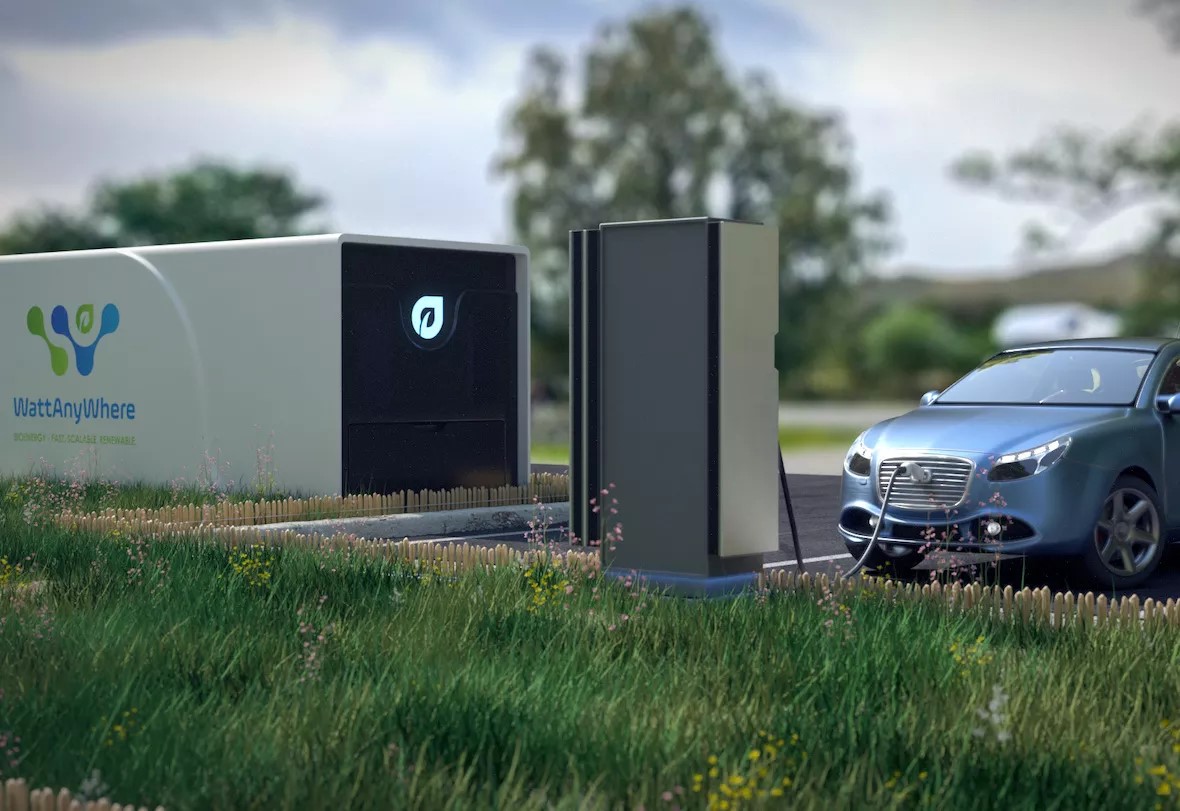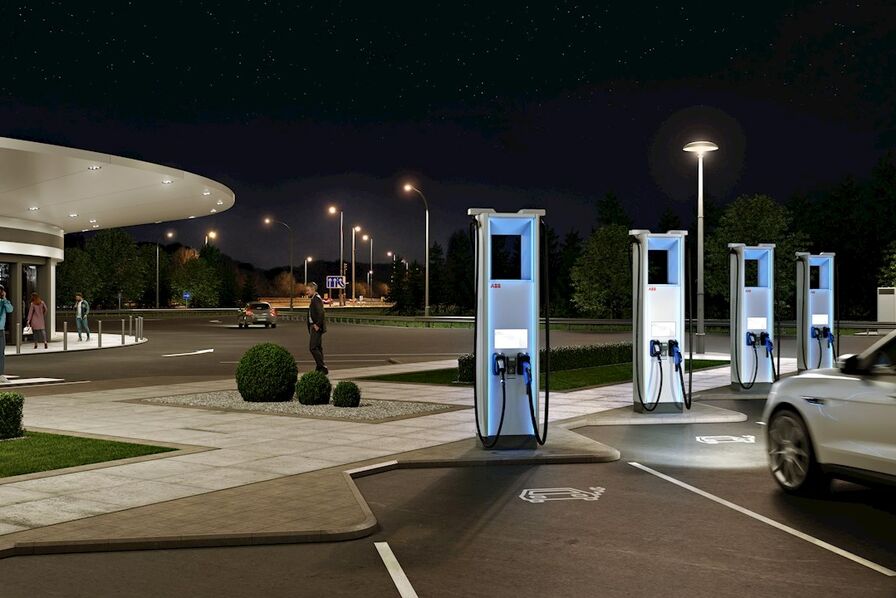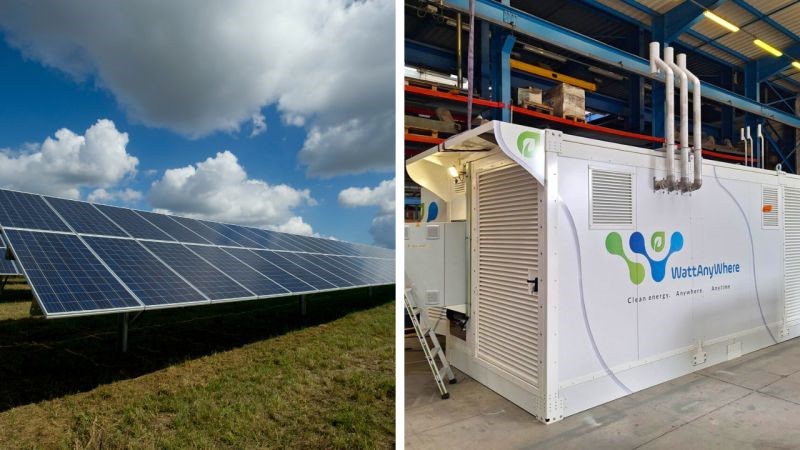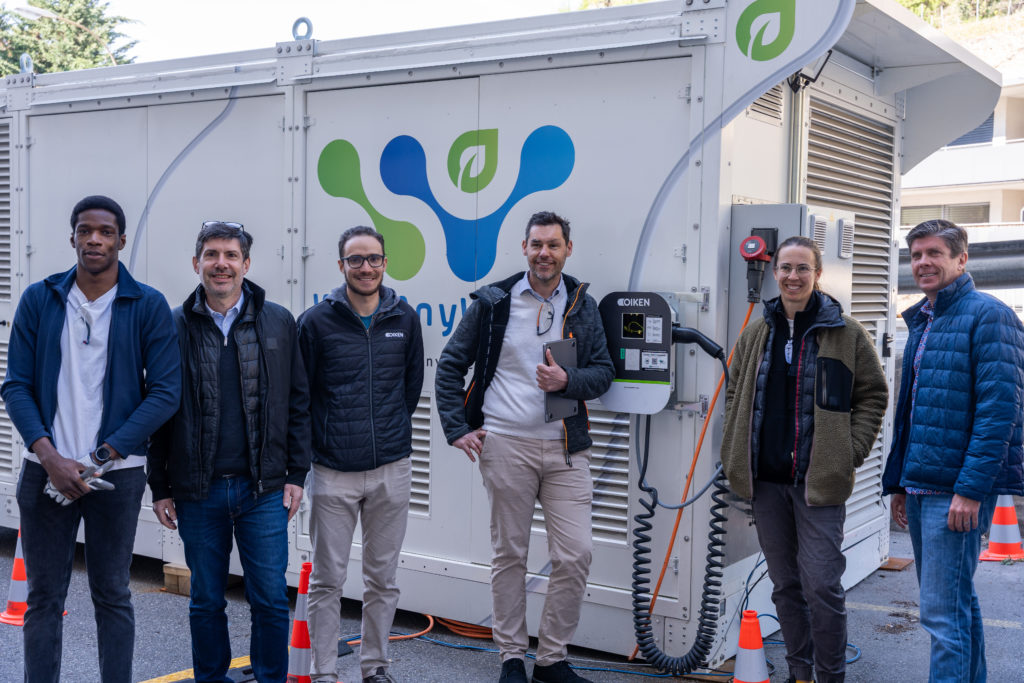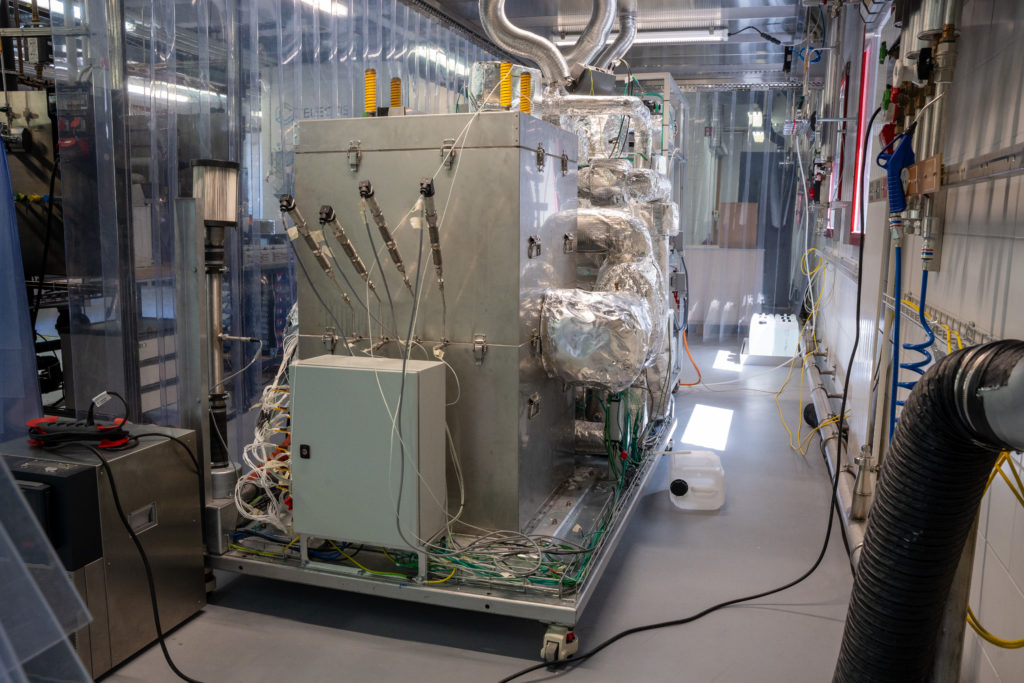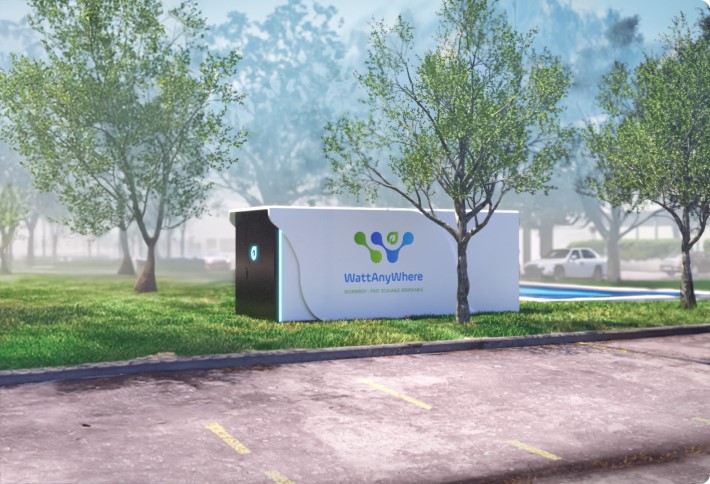Renewable Ethanol‑Powered Solid Oxide Fuel Cell Generator (up to 300 kW)
Clean energy - Hydro
Addressing the need for clean, renewable energy generation with zero combustion emissions for various applications.
Contact

WattAnyWhere SA
Company Established Year
Who is this solution for
Info
Available

Project Status
Looking to expand internationally
Doing business in
Awards and certifications
Bpifrance Deeptech French Startup Mapping Inclusion
Listed among high‑impact French startups backed by national tech funding.
TOP 100 Swiss Startup Award – Ranked #22
Recognized as highly promising Swiss cleantech company with commercial energy potential.
Selection to Shell GameChanger Accelerator
Completed first and second toll gates validating PoC clean energy tech.
Product description
WattAnyWhere’s Renewable Ethanol-Powered Solid Oxide Fuel Cell Generator is a cutting-edge solution that revolutionizes clean energy generation. By utilizing renewable ethanol as a feedstock, this transportable and modular system produces clean electricity with zero combustion emissions. The core technology consists of an ethanol reformer, a solid oxide fuel cell stack, and optional second-life battery integration for enhanced startup and load buffering capabilities.
Each unit is capable of delivering up to 300 kW of continuous power, making it suitable for applications such as fast EV charging, retail operations, and micro-grid backup. Despite its high power output, the generator maintains a compact footprint within a shipping container, ensuring easy deployment and installation. The system's energy storage efficiency is impressive, with a 30 m³ ethanol tank yielding up to 100 MWh of energy.
Designed for rapid deployment, scalability, and relocation, this solution is ideal for both remote locations and grid-constrained sites. WattAnyWhere's generators have undergone prototyping in lab settings and are now moving towards field deployment at Shell’s highway service station network in France. The integration with partner systems from Evyon and Celectis further enhances the system's capabilities and environmental performance.
Key characteristics and environmental benefits
- Utilizes renewable ethanol as a feedstock for clean electricity generation
- Modular and transportable design for easy deployment and installation
- Capable of delivering up to 300 kW of continuous power
- Energy-efficient with a 30 m³ ethanol tank yielding up to 100 MWh
- Scalable and suitable for remote or grid-constrained sites
- Integration with partner systems for enhanced performance
- Prototyped in lab settings and progressing towards field deployment
- Validated environmental performance through carbon reduction studies
About the Company
Ask about Renewable Ethanol‑Powered Solid Oxide Fuel Cell Generator (up to 300 kW)
Hi there! I’m here to help you quickly understand what this green solution is about — without needing to read the full page.
You can ask me things like:
- What problem does it solve?
- How does it help the environment?
- What makes it different?
Let’s explore together!
You can try asking:
Oops, it seems like you're not a member.
Sign up! It's free. You'll be able to read all the articles you like, download PDFs, and get in contact with the respective owners.
Have an account already? Sign in here
